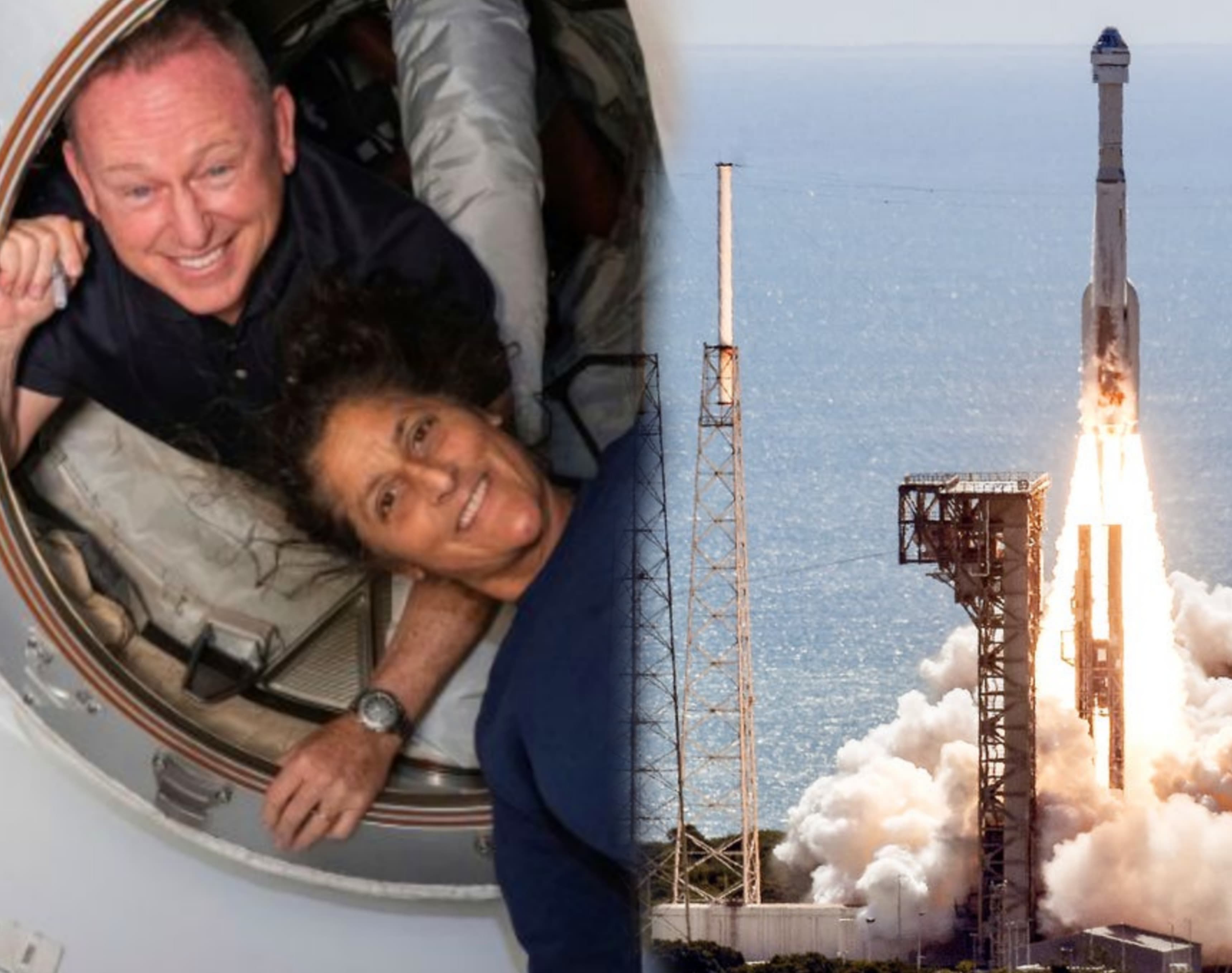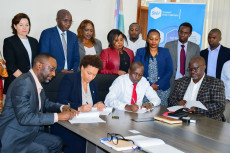- Barry Wilmore (Butch) and Sunita Williams are confident that the ill-fated Boeing Starliner craft they boarded to space, will safely bring them back home after month-overdue stay.
- The two were the first to launch to orbit in a Boeing Starliner craft to the International Space Station.
- They were initially expected to spend about a week on the ISS, before their return to Earth.
- Five of Starliner's, 28 manoeuvring thrusters, went dead during its 24-hour journey to the ISS.
- NASA and Boeing say the craft is capable of bringing them home in the case of an emergency, but not under normal non-emergency circumstances.
The first two astronauts to fly Boeing Starliner capsule to the International Space Station (ISS) on June 5, 2024, are now confident of boarding the craft back home after month-overdue stay in space.
Barry Wilmore (Butch) and Sunita Williams became the first to launch to orbit in a Boeing craft on a 25-hour flight to the International Space Station. The two, launched alongside 345 kilograms of cargo, were expected to spend about a week on the ISS, before their return to Earth.
Both are confident that the ill-fated craft will safely bring them back home after delays following a damaged propulsion system.
Five of Starliner's, 28 manoeuvring thrusters, went dead during its 24-hour journey to the ISS. A propelling valve failed to properly close and there has been five leaks of helium, used to pressurize the thrusters.
“I have a really good feeling in my heart that the space craft will bring us home, no problem. I feel confident that if we had to, if there was a problem with the International Space Station, we can get in our spacecraft and we can undock and talk to our team and figure out the best way to come home,” said Sunita.
Read More
The two have been staying at the ISS alongside a rotational crew of seven, who live and work at the station at a given time since 2000.
The station, which also serves as a laboratory, was launched in November 1988 and is maintained by five space agencies belonging to different countries, including Canada, the U.S and Japan.
The second delay came on June 18, pushing the expected return date to June 26, to allow 'a bit more time for the team to look at the data, do analysis and make sure they were ready for the return’.
“It feels good to float around, it feels good to be in space and work up here with the international space station team. I am not complaining, Butch is not complaining that we are here for a couple of extra weeks,” she added.
The current test mission is Boeing's final step before the spacecraft can be NASA-certified for routine flights, making it the second space capsule alongside Space X’s Dragon.
NASA chiefs say extra testing could last a few more weeks before Boeing is given the greenlight to bring the astronauts back to Earth. This is expected to happen before the maximum 45 days the capsule can stay docked at the ISS, during its current mission, lapse.
Both NASA and Boeing have said the craft is capable of bringing the astronauts home in the case of an emergency, but it is not approved to fly home under normal non-emergency circumstances until its thruster issues are fixed or better understood, stressing that the two astronauts are not stuck in space.




-1772102940-md.jpg)


-1772090413-1772095461-md.jpg)


-1772102940-sm.jpg)

